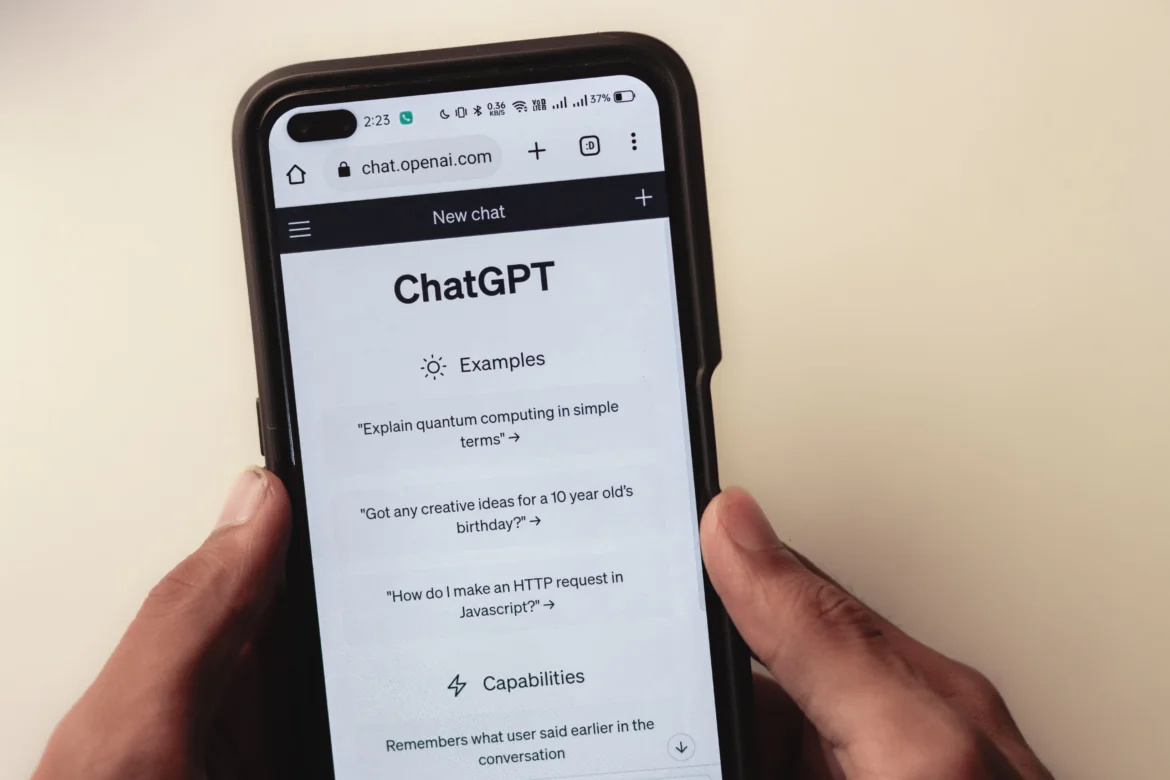In a recent move, OpenAI, the technology company backed by Microsoft, has taken a stand against the misuse of its artificial intelligence (AI) tools in political campaigns. The company has banned the developer of a bot known as Dean.Bot, designed to mimic Democratic presidential hopeful Congressman Dean Phillips. This marks the first time OpenAI has intervened in response to the inappropriate use of its technology in the political sphere.
Dean.Bot, a creation of Silicon Valley entrepreneurs Matt Krisiloff and Jed Somers, was powered by OpenAI’s ChatGPT and developed by AI start-up Delphi for the super PAC named “We Deserve Better.” This political action committee, which supports Phillips, had received a substantial $1 million investment from billionaire hedge fund manager Bill Ackman.
OpenAI’s decision to ban the developer came after the company identified a violation of its API usage policies, specifically prohibiting political campaigning and impersonation without consent. A spokesperson for OpenAI stated, “We recently removed a developer account that was knowingly violating our API usage policies.”
The super PAC, in collaboration with Delphi, aimed to engage voters through real-time conversations with the AI-generated Dean Phillips on a website. However, OpenAI’s rules explicitly forbid the use of its technology in political campaigns, leading to the suspension of Delphi’s account and the subsequent removal of Dean.Bot.
Delphi co-founder Dara Ladjevardian acknowledged the misunderstanding, stating that the company had incorrectly believed it was within OpenAI’s terms of service to create a clone of Dean Phillips for political purposes. Ladjevardian emphasized that Delphi has updated its terms of service to explicitly prohibit engagement with political campaigns.
While Dean.Bot included a disclaimer clarifying its AI nature and requiring user consent, experts have raised concerns about the potential harm such technologies could pose to elections. The ability of AI-generated bots to interact with voters in real time, even with disclaimers, raises questions about the impact on the democratic process.
Advocates argue that these bots, when used appropriately, can educate voters in an entertaining manner. However, without proper disclaimers, the technology could potentially facilitate mass robocalls and the spread of disinformation, posing a threat to the integrity of elections.
As OpenAI takes a firm stance against the misuse of its technology, the incident involving Dean.Bot highlights the challenges and ethical considerations surrounding the use of AI in political campaigns.


Leave a Reply